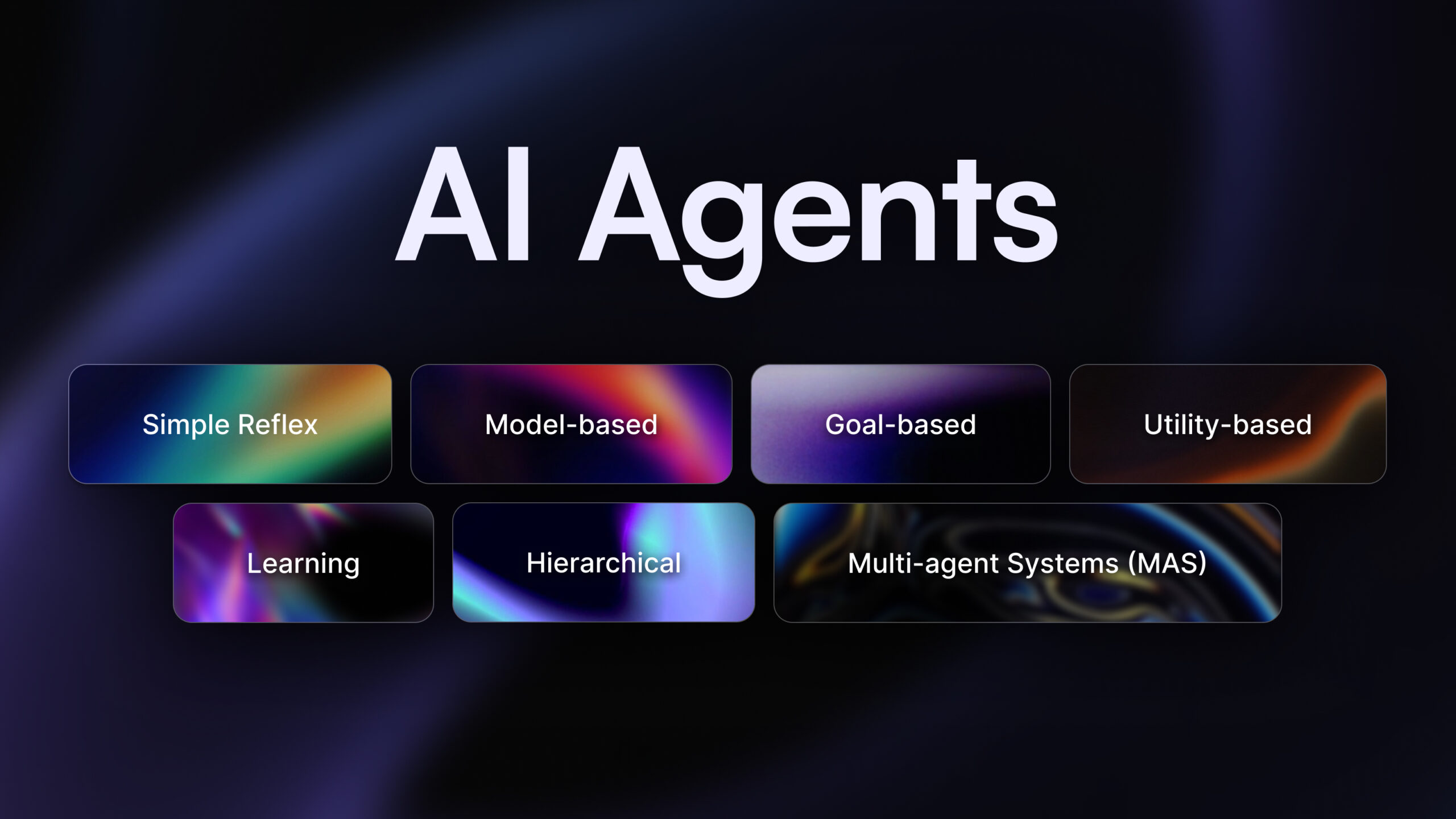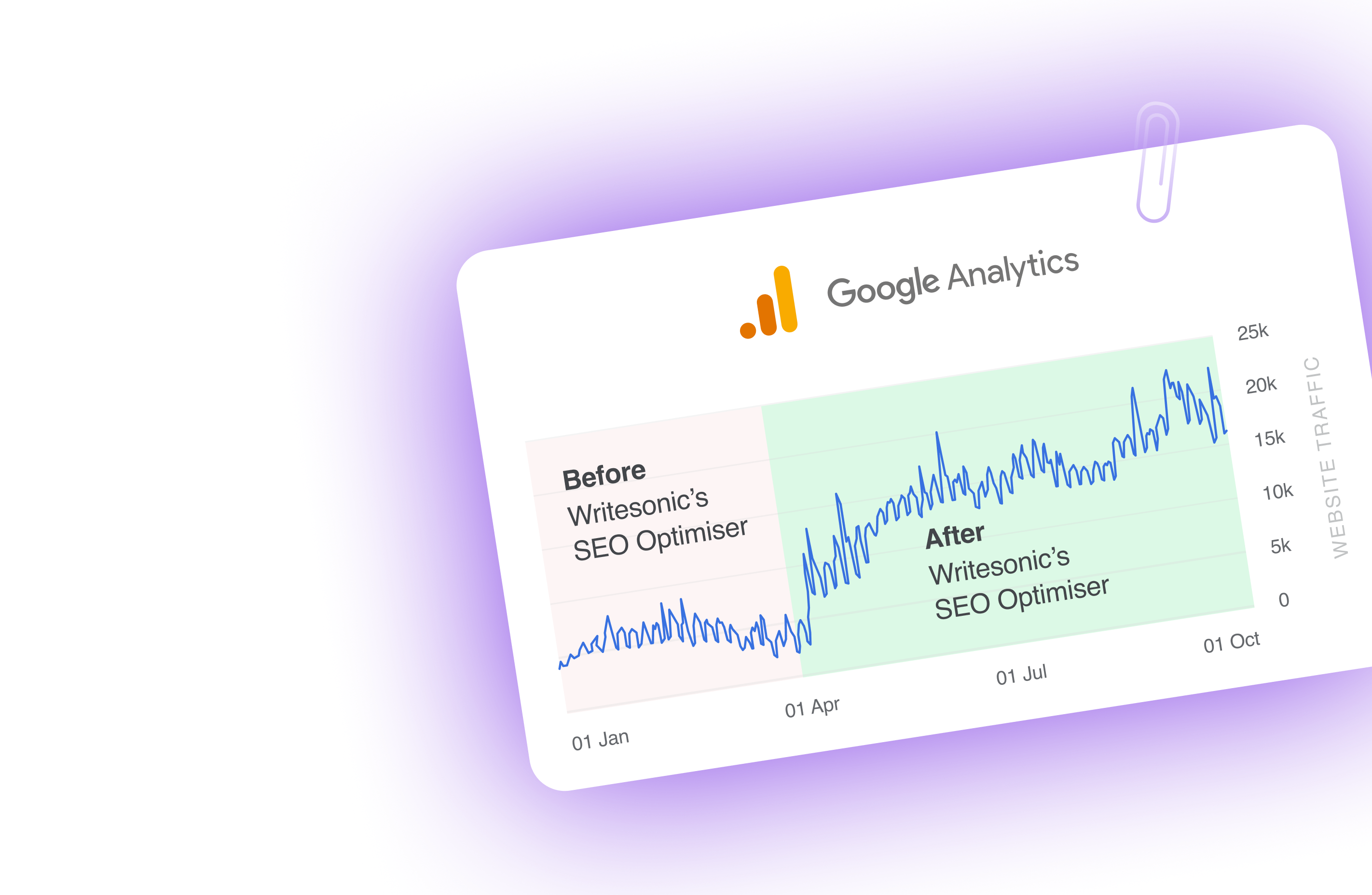Ever wondered why more businesses are turning to AI agents lately? From small startups to large enterprises, companies seem to discover new ways to use artificial intelligence in their business processes every day.
That’s because companies who do use these AI agents are seeing remarkable results. Say you employ a single AI agent. You can handle thousands of customer queries, reduce repetitive tasks, and improve productivity — the possibilities are endless.
Want to know what else AI agents can do? In this article, we’ll explore the 7 key benefits of AI agents, along with examples of how you can use them. Whether you’re new to AI agents or already using them, you’ll discover how these tools can help your business.
New to AI agents? Check out our complete guide to AI agents to know what they are, how they work, and how you can use them.
7 Benefits of AI Agents for Your Business
Here are the 7 benefits of AI agents:
- Improve operational efficiency
- Boost employee productivity
- Ensure a better customer experience
- Save costs
- Boost scalability and flexibility
- Use data-driven insights
- Get competitive advantage
1. AI Agents Improve Operational Efficiency
One of the top benefits of AI agents is that they improve operational efficiency. From automating mundane tasks to efficiently utilizing resources, these intelligent agents have the ability to reshape how we manage our workflows.
Here is how AI agents can make your business operations function more efficiently,
Handling increased workload
AI agents excel at handling routine tasks and managing growing business needs. Consider smart home systems – they’ve switched to AI agents for managing energy consumption and security, ditching traditional timers and alarms for a more integrated multi-agent system.
This isn’t just a one-off example — businesses everywhere are using AI agents for both simple and complex tasks.
What makes AI agents so effective?
- They handle task management automatically
- Monitor and adjust operations in real-time
- Work smoothly with existing systems
- Spot and fix issues before they grow
Maintaining Consistent Quality
Even though AI agents handle higher workloads compared to their human counterparts, they don’t get tired. That means consistent quality is assured no matter how much or how long AI agents work.
Say you hire a customer service team. People from the team can work efficiently across one time zone. As their work hours increase, their productivity drops and so does the quality. But with AI agents, the quality stays the same, whether it’s 3 AM or 3 PM.
2. They Help Boost Employee Productivity
AI agents handle those time-consuming routine tasks that eat up valuable employee time. Businesses using AI see productivity jump up by 40% compared to those who don’t. In fact, newer team members see the biggest boost, with AI tools pushing their performance up by 43%.
Automating Repetitive Tasks
Whether it’s generating invoices, maintaining documents, or replying to emails — every business has these monotonous tasks that take up a big chunk of employees’ time and productivity.
And the key benefit of AI agents? They can help automate those boring tasks, freeing up your valuable time and resources for more useful processes.
Take Project Mariner, for example. The new initiative by DeepMind is an AI agent that can streamline web searches. It can take up routine web searches through simple commands, such as looking up business emails or creating a lead database, and automatically complete these tasks through your browser.
That’s hours and hours of time saved digging through websites and with little effort.
💡Pro Tip: Encourage your team to identify their most time-consuming repetitive tasks. These are prime candidates for AI agent automation, leading to significant productivity gains.
Reducing Human Error
Human error is inevitable, no matter how careful or how well-versed someone is in a process. Even a single human error, say in billing a customer or handling a high-ticket client, can lead to losses that amount to thousands of dollars.
AI agents don’t make these errors as they can’t get tired, bored, or confused in the same process. They continue doing the same task over and over again and stay accurate, which further helps employees as they don’t have to worry about correcting inaccuracies.
Note: Some AI models can hallucinate i.e. make up their own information which can lead to errors. You can avoid these errors with certain prompt engineering techniques and by using advanced AI tools. Check our guide on AI hallucinations for more details.
Enabling Focus on Strategic Work
Want to know the best part about AI agents? They free up people to tackle the work that really matters. Take customer service teams — while AI handles the routine stuff, agents can focus on solving complex customer issues.
AI agents are like productivity partners. They don’t just take over boring tasks. They help people work smarter and let employees focus on work that actually needs human creativity and strategic thinking, while agents handle mundane tasks.
The impact on skill development is another benefit of AI agents. New employees using AI tools can quickly come up to speed with employees having more experience.
3. They Ensure a Better Customer Experience
Not just operational efficiency, the benefit of AI agents is also evident in how they help improve your business’s customer experience. From 24/7 support in multiple languages to personalized interactions, AI agents have the ability to transform the way you deal with your customers.
24/7 Support
Did you know 90% of customers expect an immediate response when they reach out with a support query? Anywhere above 10 minutes to respond and you’re not providing a satisfactory customer experience.
If you’re struggling to provide timely customer service, implementing AI agents can be helpful. One of the benefits of AI agents is that they work round-the-clock and are available across time zones. This helps boost customer experience to a great extent, especially with customers who refuse to settle for slower responses.
Personalized Service
Another important factor in providing great customer experiences is to personalize the service. More customers value personalized services, and AI agents can help you deliver that.
Nearly half of the customers are comfortable with AI agents if it means faster responses, quicker resolutions, and a generally more efficient customer service. While maintaining human touch is crucial, using AI customer service agents in your business can take you a long way in delivering the service experience your customers actually want.
AI agents analyze customer data, such as purchase history and browsing behavior, to deliver personalized experiences. Through machine learning algorithms, intelligent agents can identify patterns in customer behavior and understand their preferences.
Then, with the adaptive learning system, AI agents can make recommendations and offer personalized responses to individual customers.
Efficient Query Resolution Through Custom Data
One of the most crucial benefits of AI agents is that you can train them on custom data.
Since they can access and train on your business’ knowledge base, these agents can quickly fetch and analyze the required data to offer accurate on-brand responses to common customer queries.
One of the best examples of how effective AI agents can be is the virtual financial assistant Erica. Introduced by Bank of America, Erica has solved customer queries over the past six years, providing personalized solutions to over 2 billion users.
4. They Help Save Costs
Many AI agents are cost-effective to implement. Compared to hiring multiple human employees, AI agents cost much less and deliver better productivity. In fact, 39% of organizations see major cost reductions across multiple business functions after bringing in AI solutions.
And it’s not just due to higher productivity. Here are multiple ways in which AI agents benefit businesses in saving expenses:
- Daily operations cost less with automation
- Customer service runs 24/7 without overtime
- Training new staff gets cheaper and faster
- Fewer mistakes mean lower costs
- Teams and resources work smarter
From finances and marketing to customer service and human resources, AI agents can contribute to cost savings across departments.
5. They Boost Scalability and Flexibility
AI agents can process large volumes of data and handle any amount of workload if you configure them right. That means they are quite scalable and flexible and adapt to different “situations” or “processes.” This benefit of AI agents has helped several businesses expand while keeping expenses in check.
Say you hire multiple human employees to do the same tasks. Apart from their salaries, you’ll also need to spend time and resources to train them, incur costs to provide them with working space and equipment, and also keep an eye on their performance.
All this, with the additional risk of employee turnover.
But, scaling with AI agents comes without these additional costs. They produce consistent, high-quality output regardless of how much workload is assigned. You can also quickly scale them. A brief discussion with your AI agent provider or a switch to a higher plan is all you need to get more resources at hand.
You’ll also get better options in terms of how you want to scale the agents at much lesser costs compared to scaling manually.
In fact, companies like Microsoft are already building and deploying agents that’ll help businesses scale. Microsoft is launching 10 new AI agents for sales, supply, finance, and customer service in Dynamics 365. These agents will help businesses move away from traditional scaling methods to a more AI-first approach.
6. They Bring Data-Driven Insights
AI agents can collect and analyze big data in minutes. That’s what makes these smart assistants indispensable for business owners trying to make data-driven decisions.
Apart from that, you can use AI agents to create reports on market analysis and customer behavior analysis.
Real-time Analytics and Reporting
Using AI and automation for data analysis and reporting isn’t new. Companies have been doing it for a long time, moving away from the usual Excel sheets to a more sophisticated and accurate approach.
But AI agents take it a step further. They are capable of analyzing large datasets quickly and offering real-time insights to help businesses scale operations effectively. With an intelligent AI agent, your marketing or sales team can identify trends and make strategic decisions within minutes — something that’ll not only save you time but also put you ahead of competitors.
Pattern Recognition and Trends
Recognizing patterns and trends is an important part of making key business decisions, especially related to product launches, sales, or content creation. And when there are huge data sets, observing these trends can be difficult, even with simple automation.
AI agents have the capability to identify patterns in large datasets, even those too complex for humans to notice. By analyzing historical data and real-time inputs, they can uncover trends that help your business stay ahead of the curve.
Take an e-commerce business, for instance. AI e-commerce agents can analyze purchasing behaviors to predict customer preferences, seasonal demand, or even potential churn risks. In finance, they can detect spending patterns to spot fraudulent transactions before they escalate.
By recognizing these patterns and trends, you can make smarter, data-driven decisions — whether it’s optimizing inventory, personalizing marketing campaigns, or identifying future growth opportunities.
7. They Give Competitive Advantage
Want to stay one step ahead of your competitors? AI agents make sure you’re always up-to-date with their innovation and marketing capabilities.
Innovation Capabilities
AI agents aren’t just about speed — they’re changing how companies innovate. Research shows AI adoption significantly enhances organizational capabilities in terms of employees’ innovation, creativity, and experimentation.
Many tech companies have already adopted AI agents to power their innovation strategies with:
- Quick testing of new ideas
- Smarter problem-solving
- Better team collaboration
- Faster R&D cycles
The best part? Innovation isn’t just for big companies. Due to the cost-effectiveness of AI agents, many smaller companies are already using them for automation, analytics, and customer service and are seeing great results.
Marketing Capabilities
Marketing is also getting easier, which is a key benefit of AI agents. Whether it’s writing a piece of ad copy or creating full-fledged go-to-market (GTM) strategies, AI agents can not only speed up the marketing process but also fuel creativity.
Chatsonic, an AI agent for marketing, for example, can look through the top search results, conduct keyword research, and build an entire content plan for your website. It can also create short-form and long-form content and help with search engine optimization.
Using AI marketing agents like these, businesses have been able to speed up market launches and also make their campaigns more creative and innovative.
Final Thoughts: Top 7 Benefits of AI Agents Every Business Must Know
Considering the level of convenience and operational efficiency that AI agents bring, it’s safe to say that using these agents is the best way to future-proof your business. Whether it’s customer relations, finances, or marketing, the benefits of AI agents are worth leveraging. You can streamline your business processes by identifying key requirements and implementing the right AI agent.
Chatsonic, for example, is the best AI marketing agent currently available in the market. With content creation, research, and optimization capabilities, the AI agent can change the way how you market your business.
Ready to empower your business with AI agents? Try Chatsonic today.

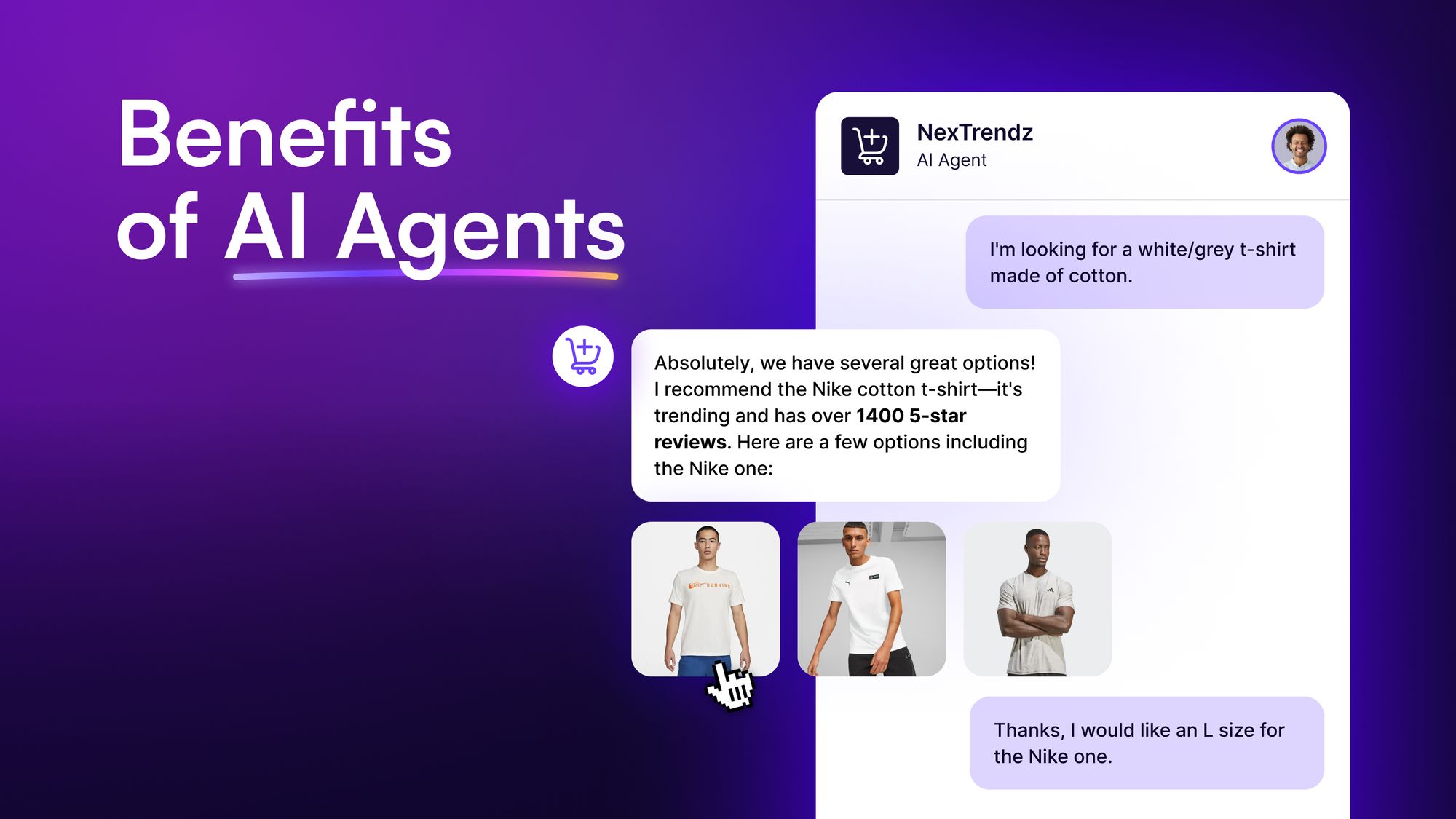
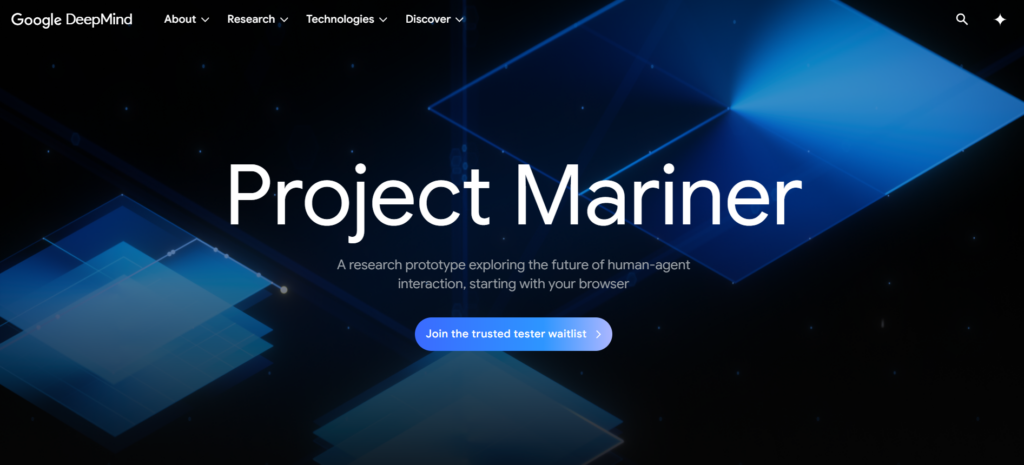


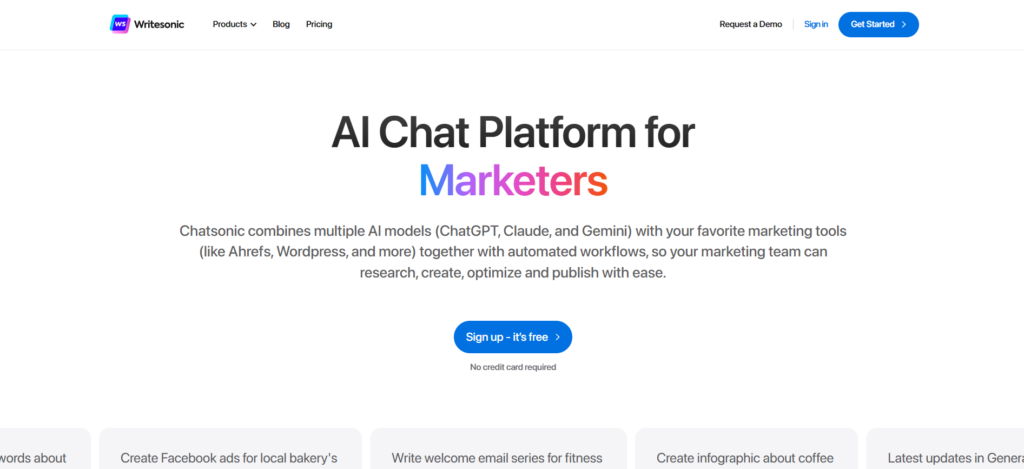

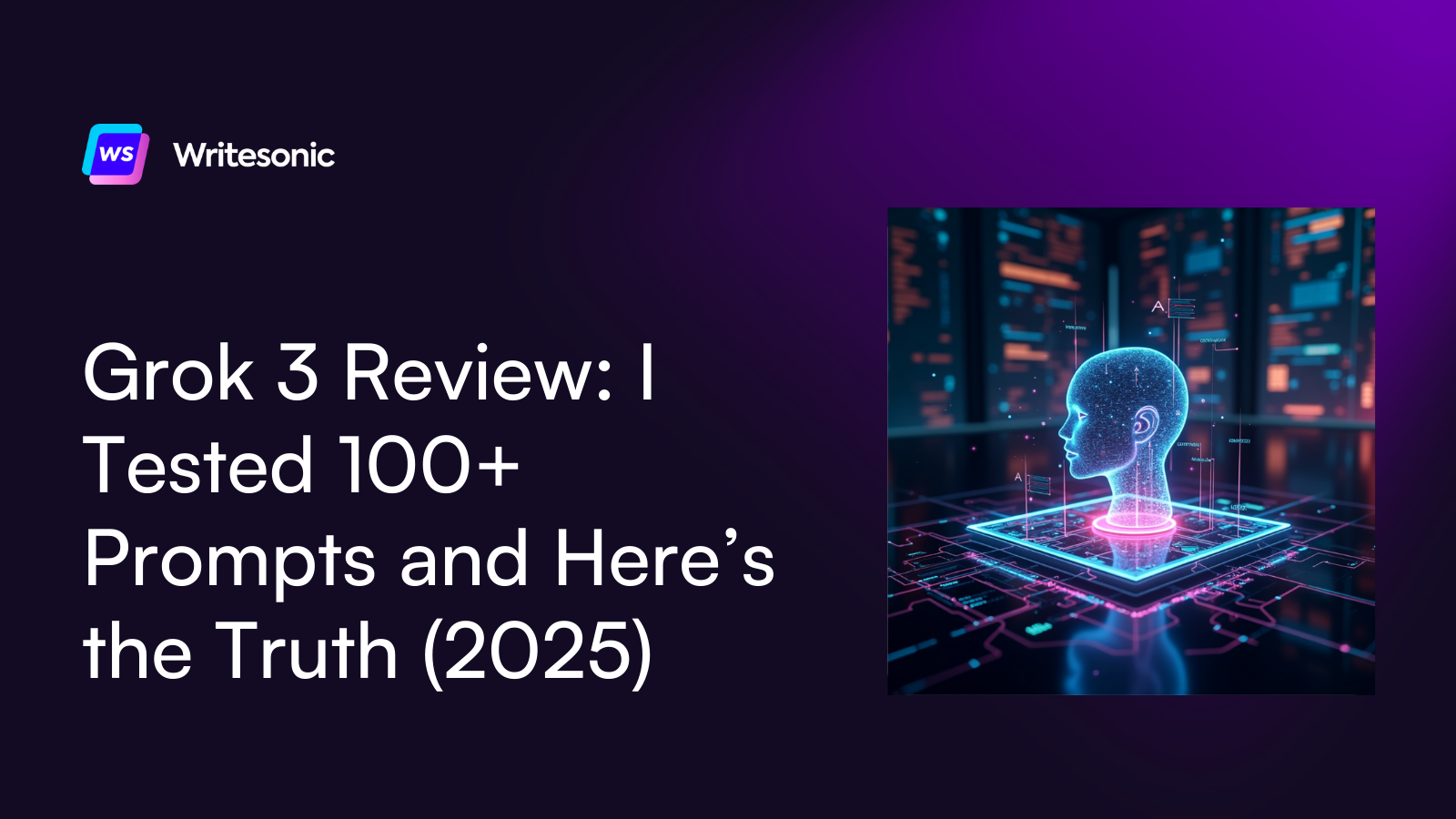

![What is Grok 3? A Detailed Guide to the AI Model [+Examples]](/wp-content/uploads/7.1-2.png)

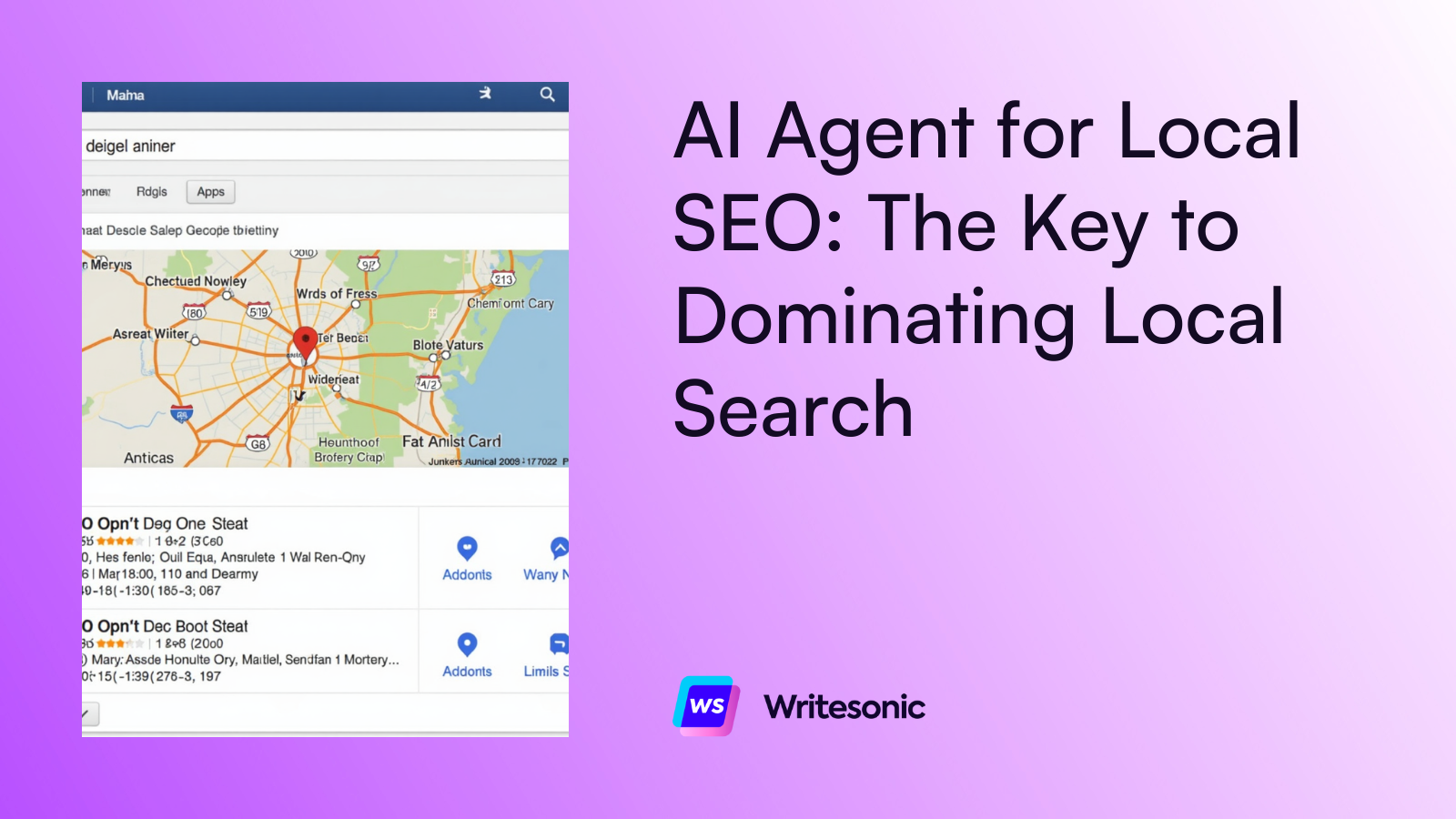

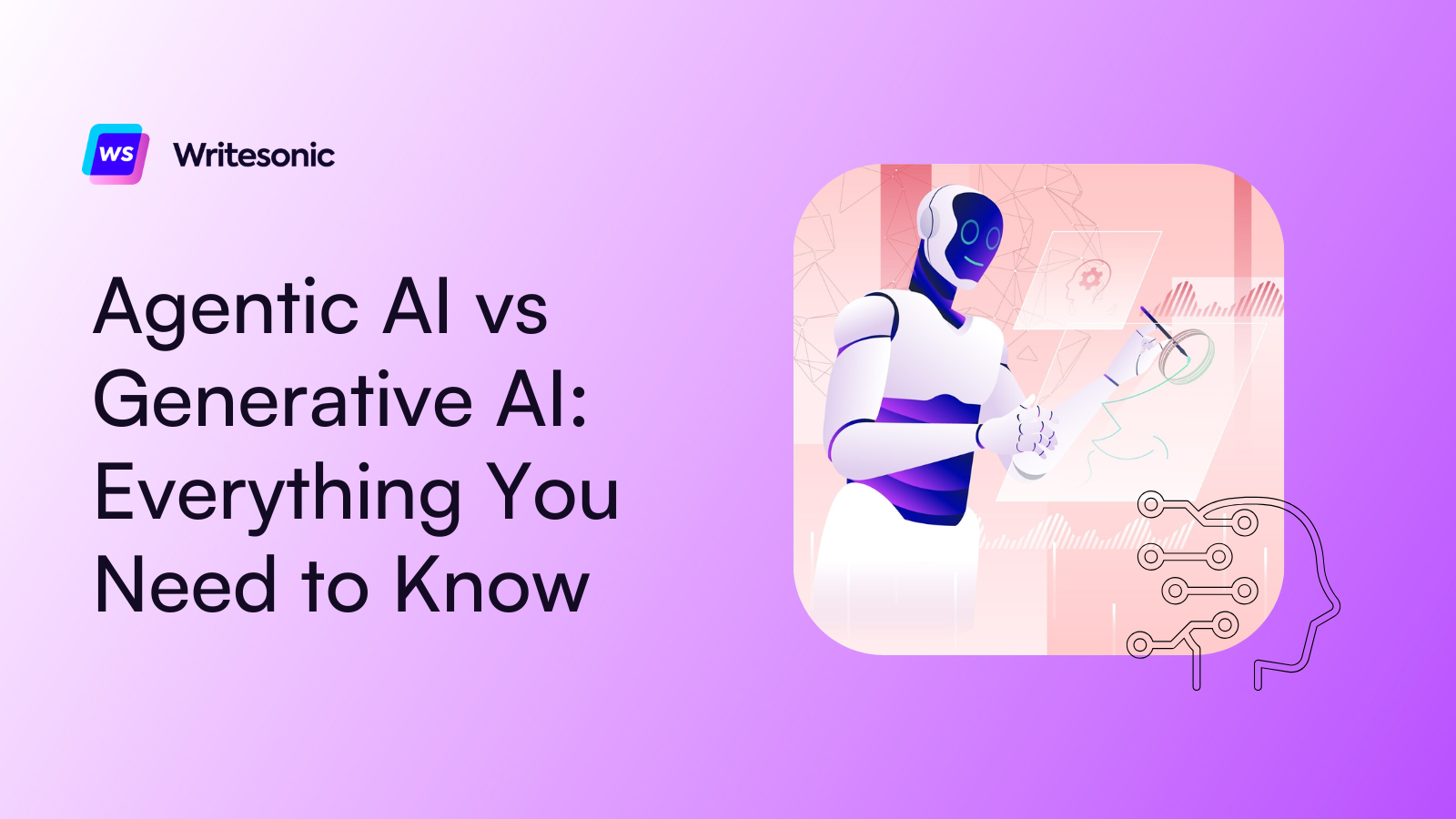

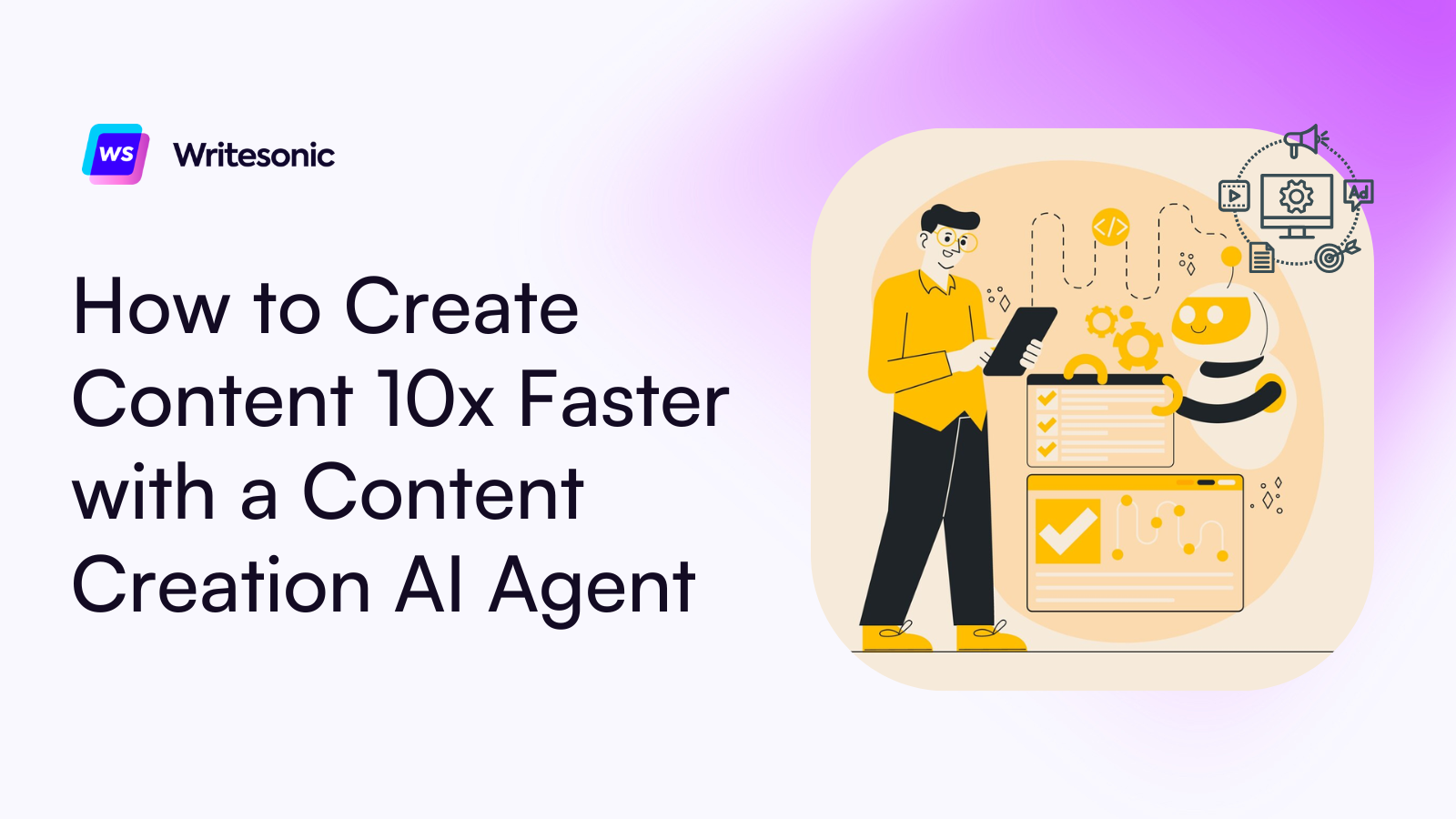
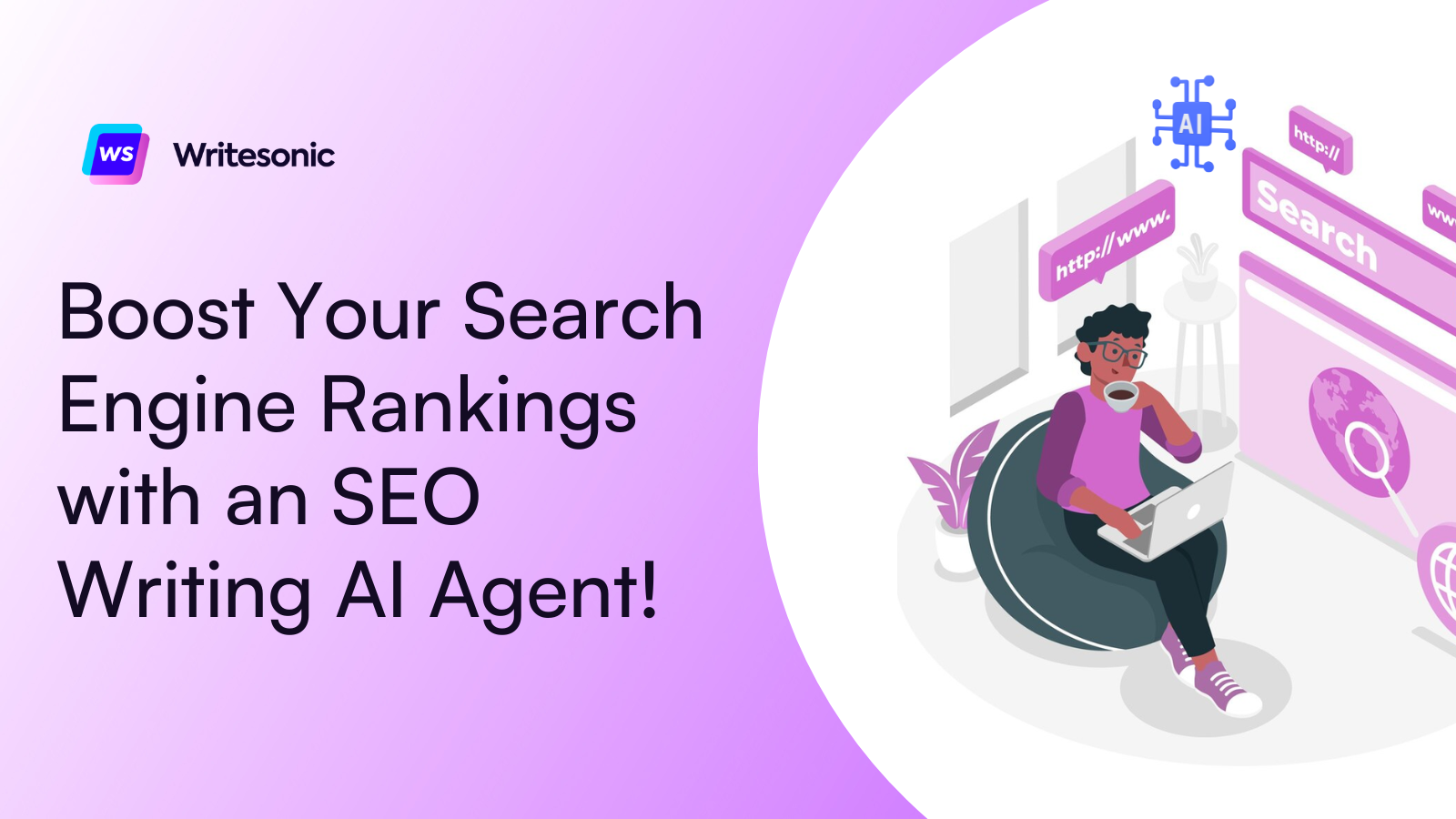


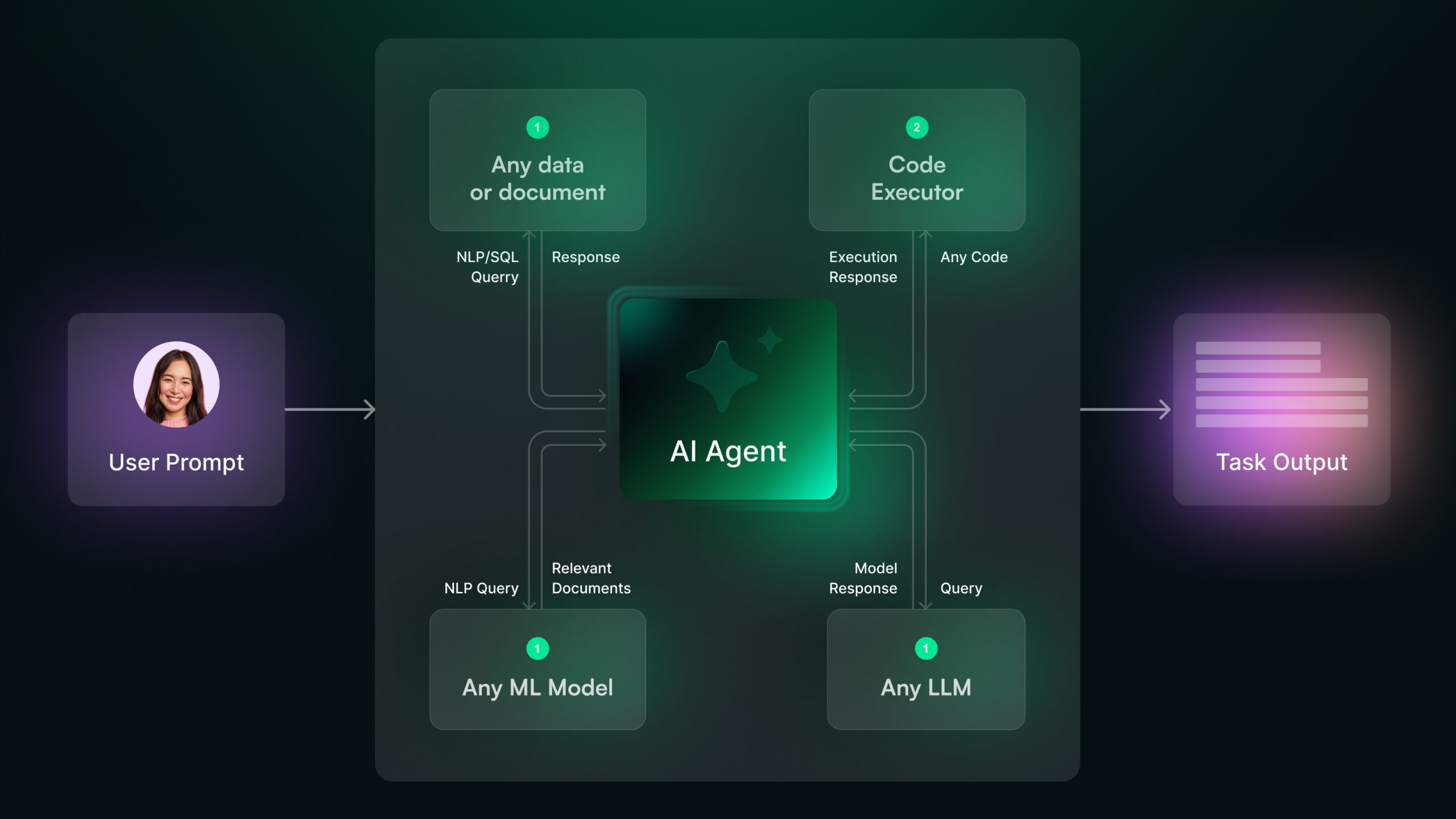
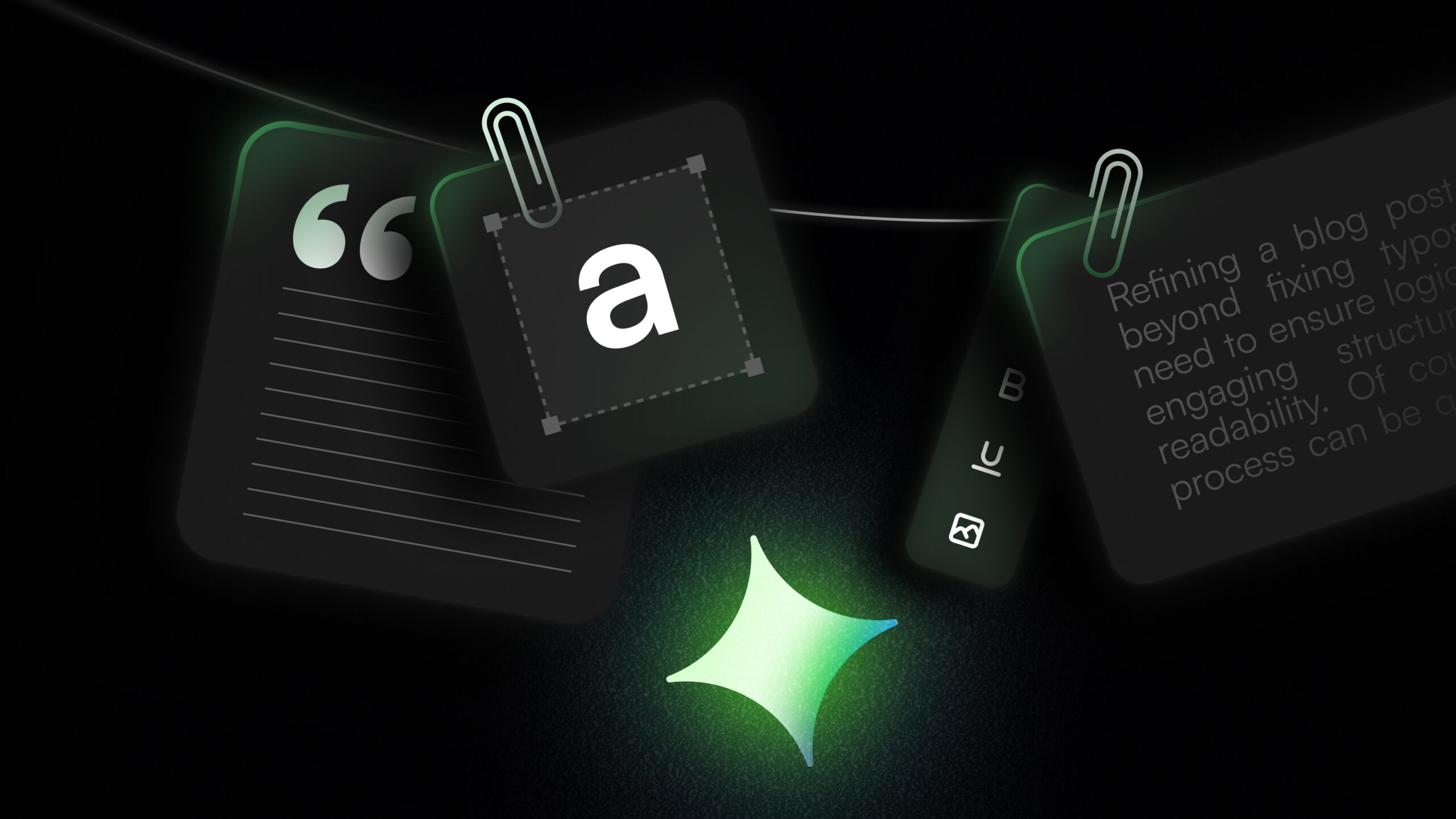


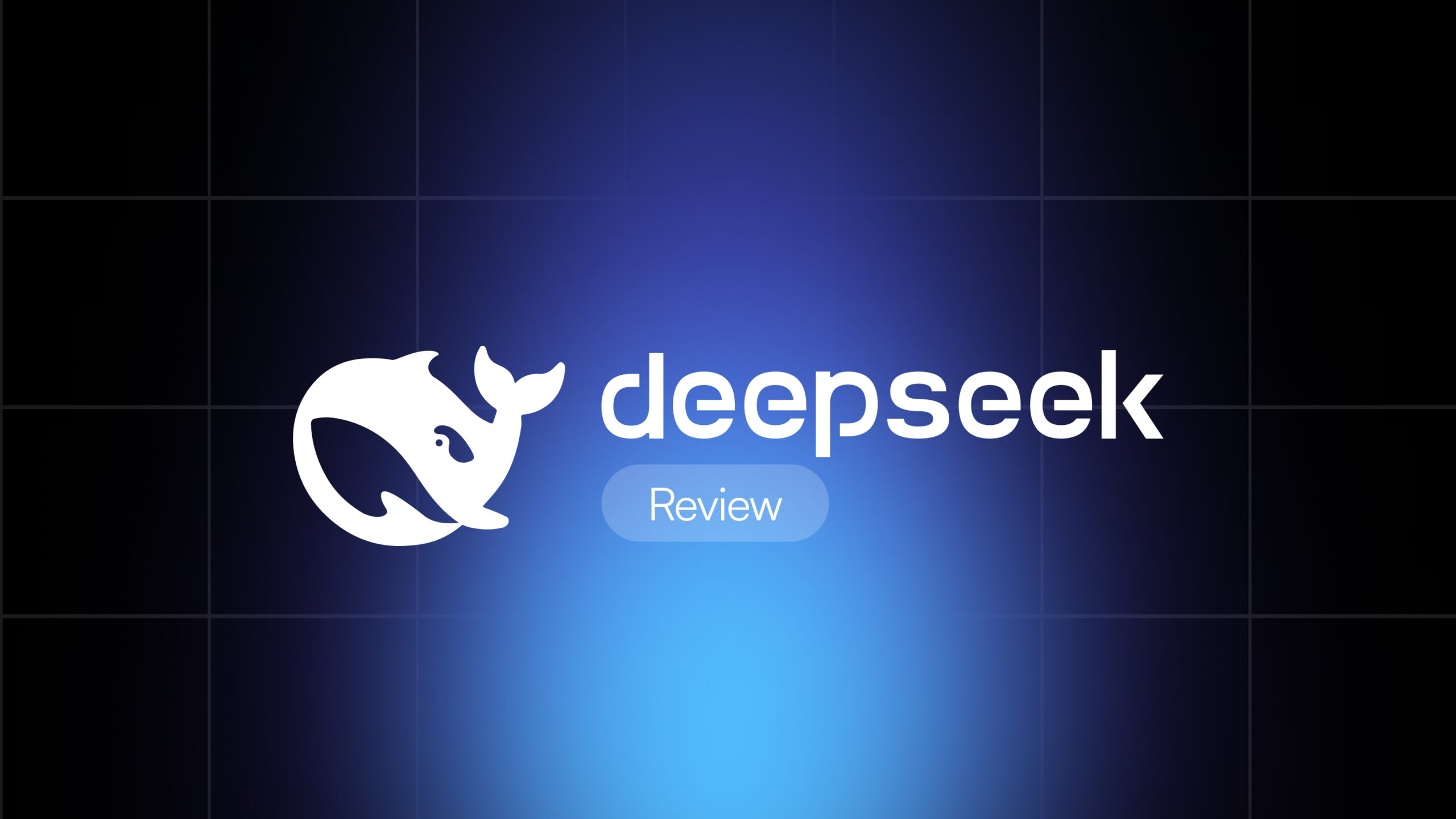



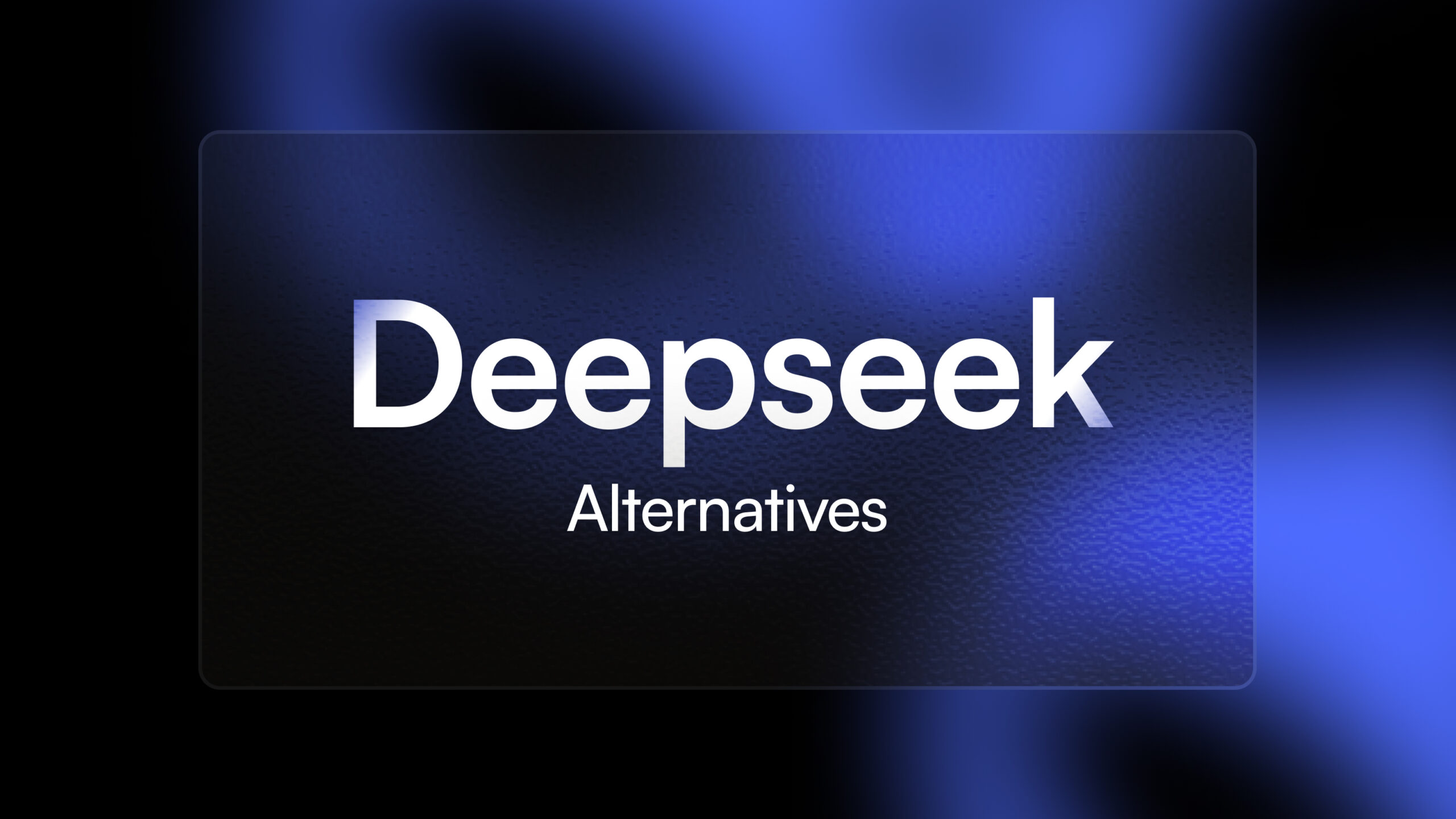


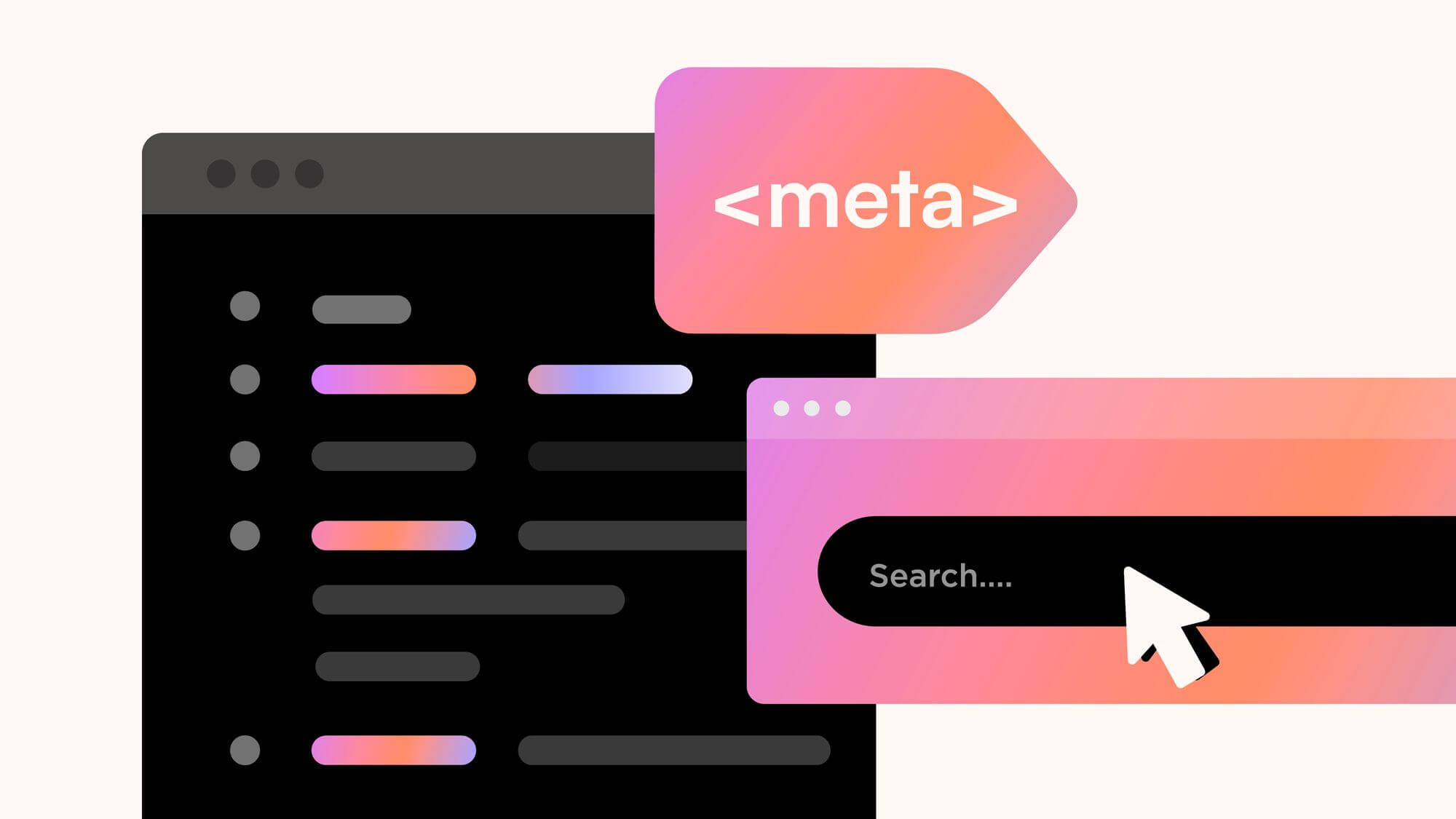

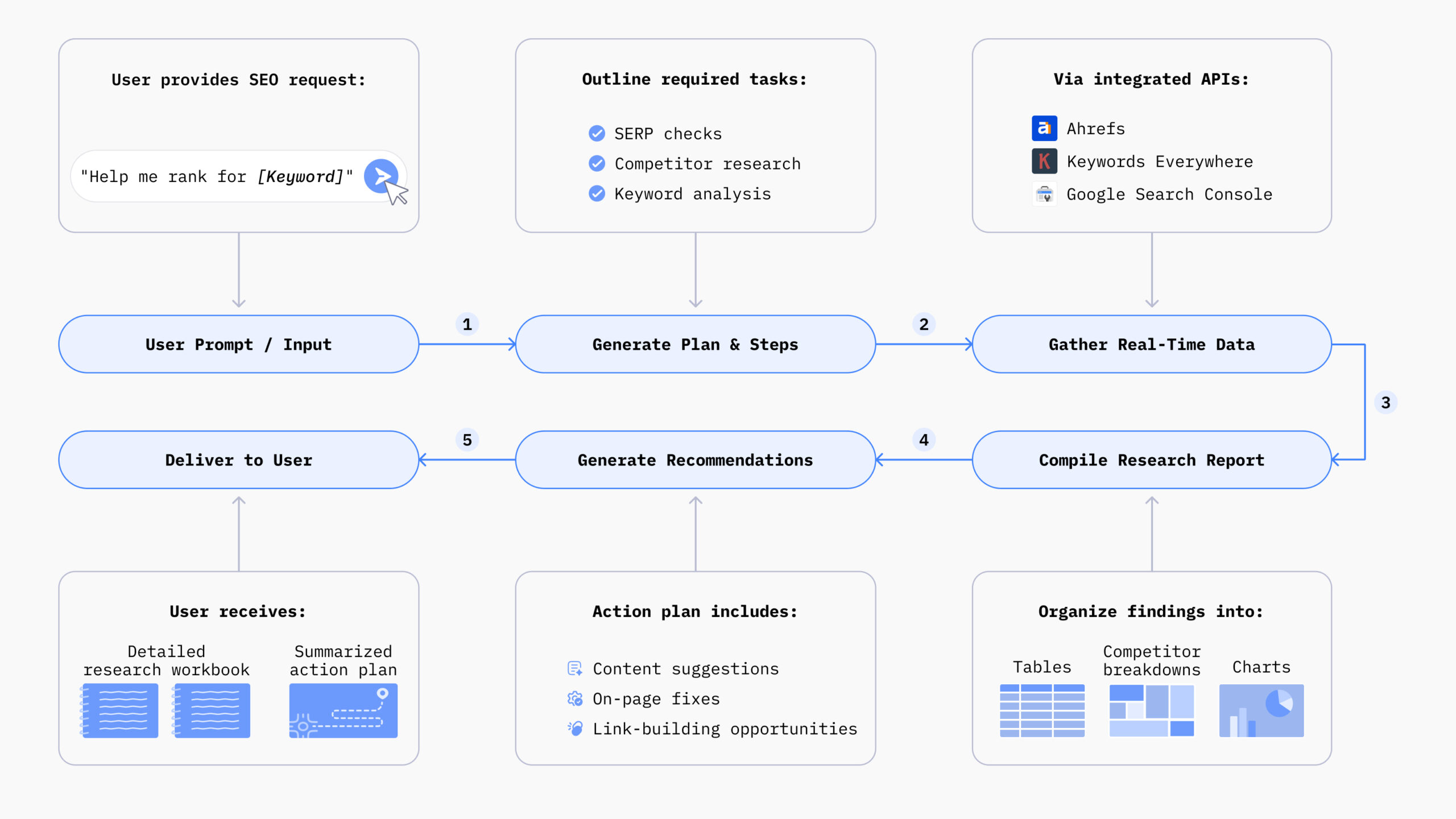



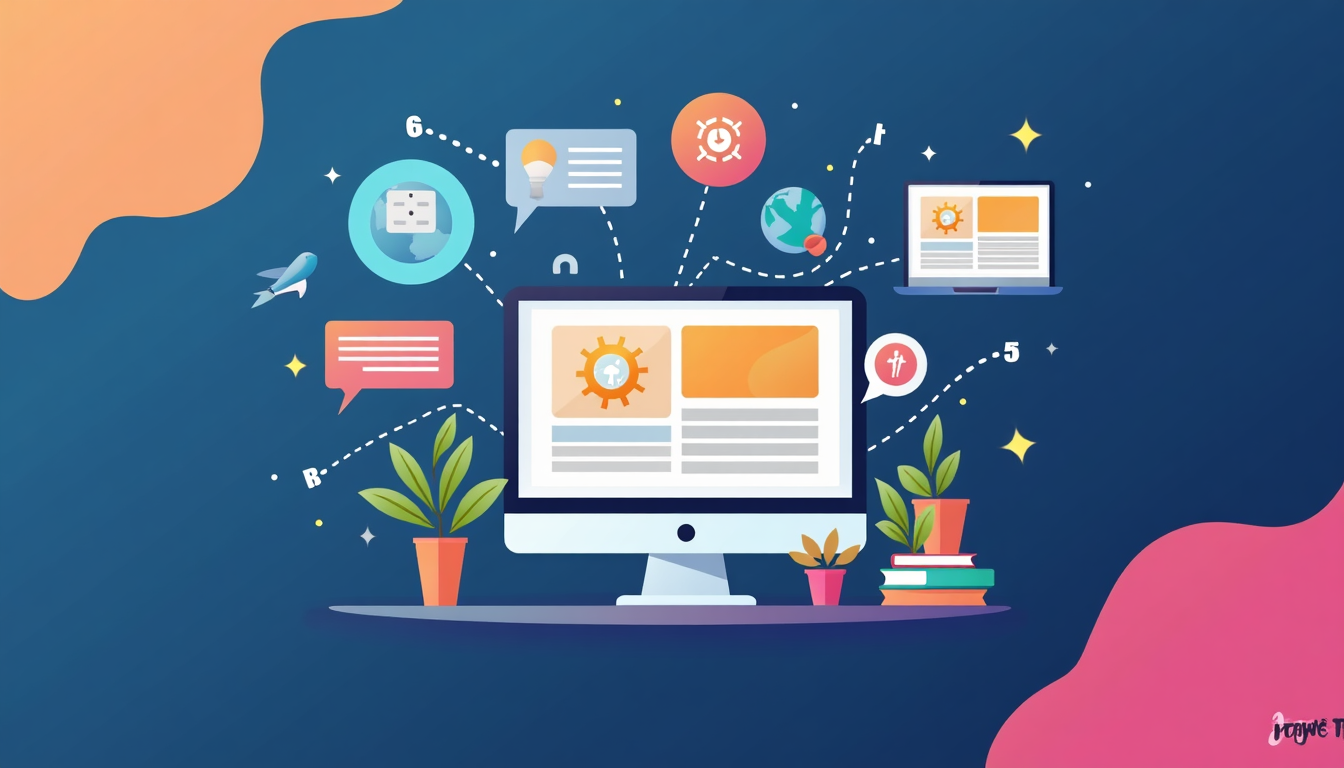


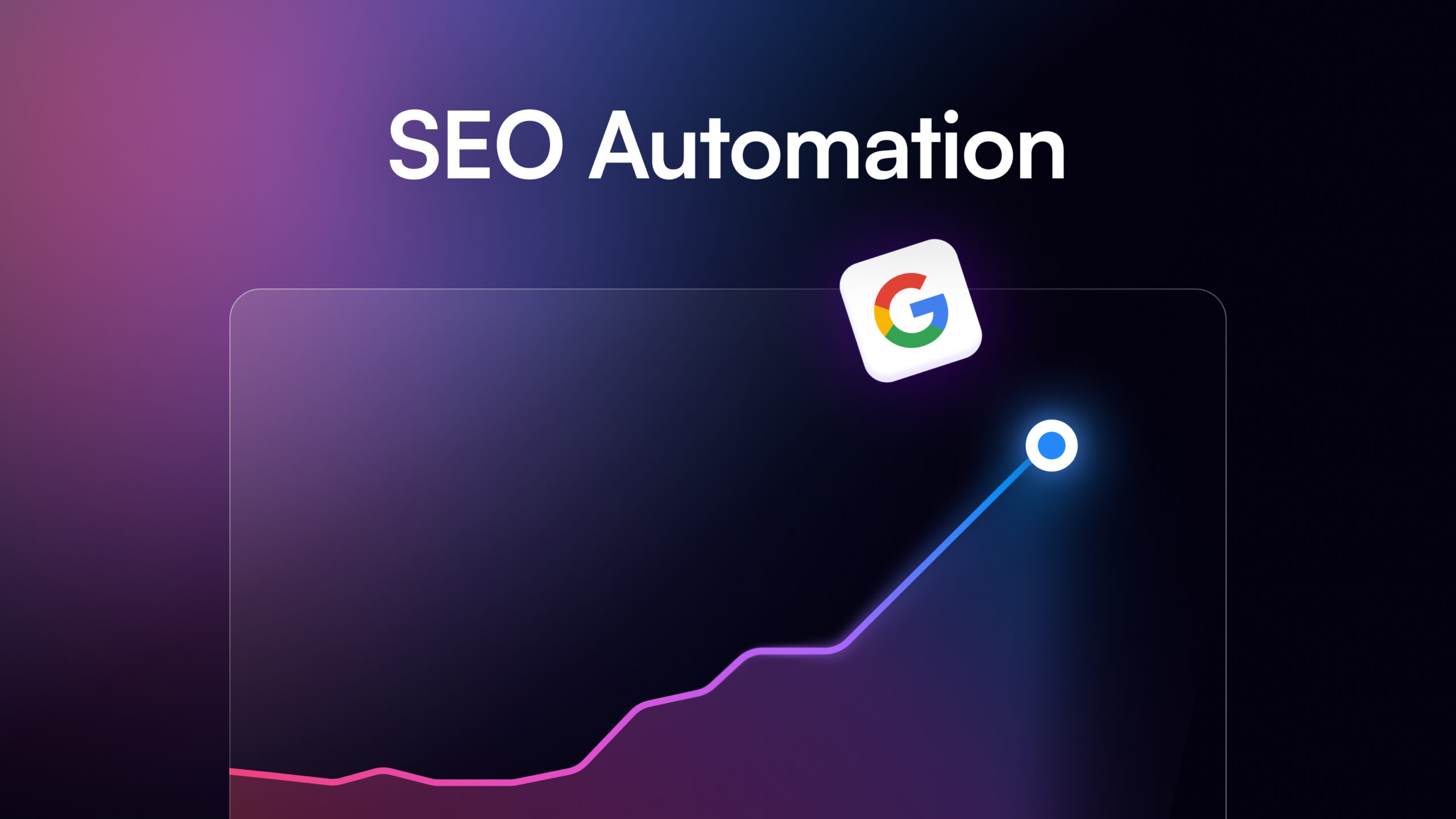



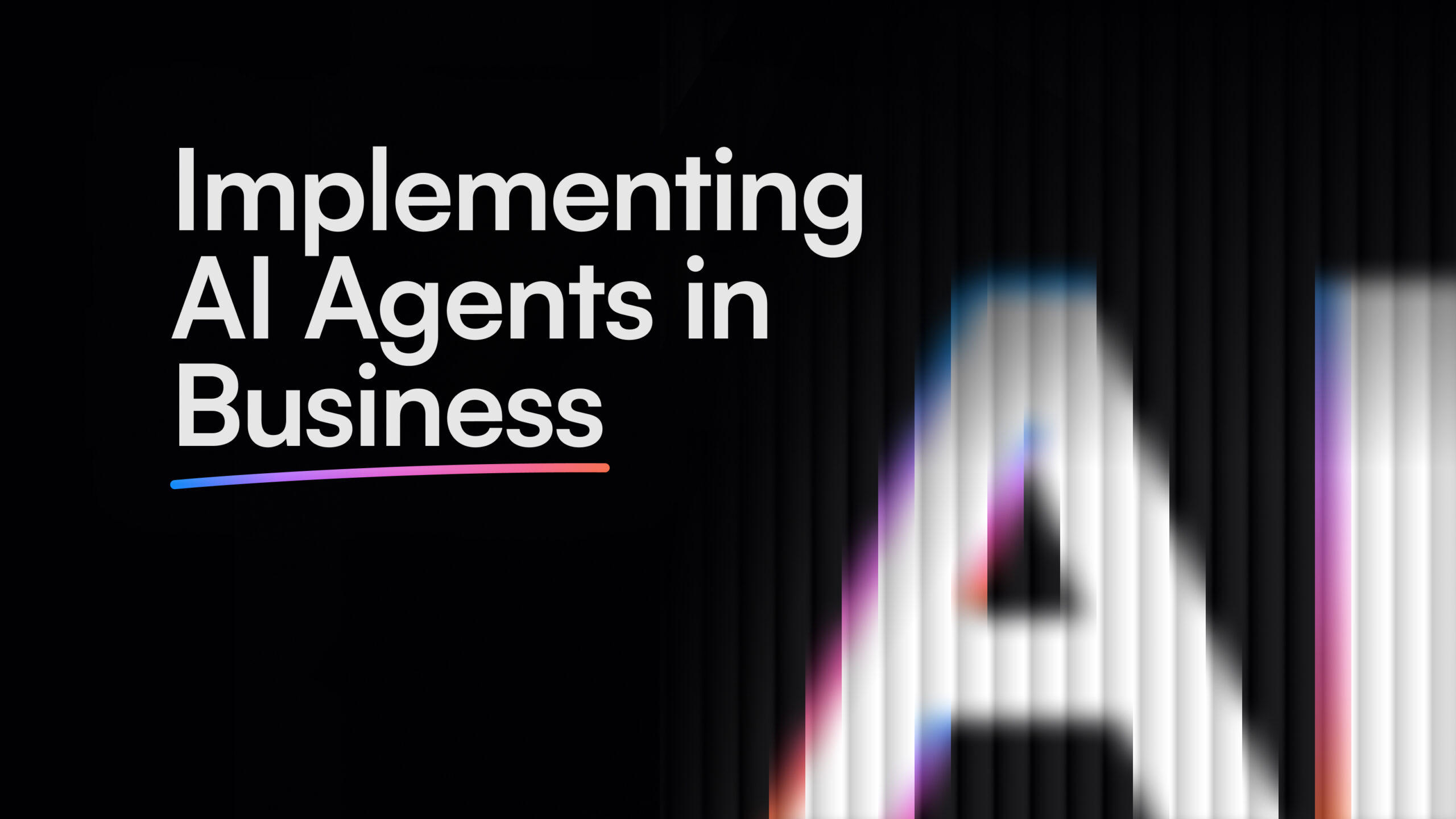

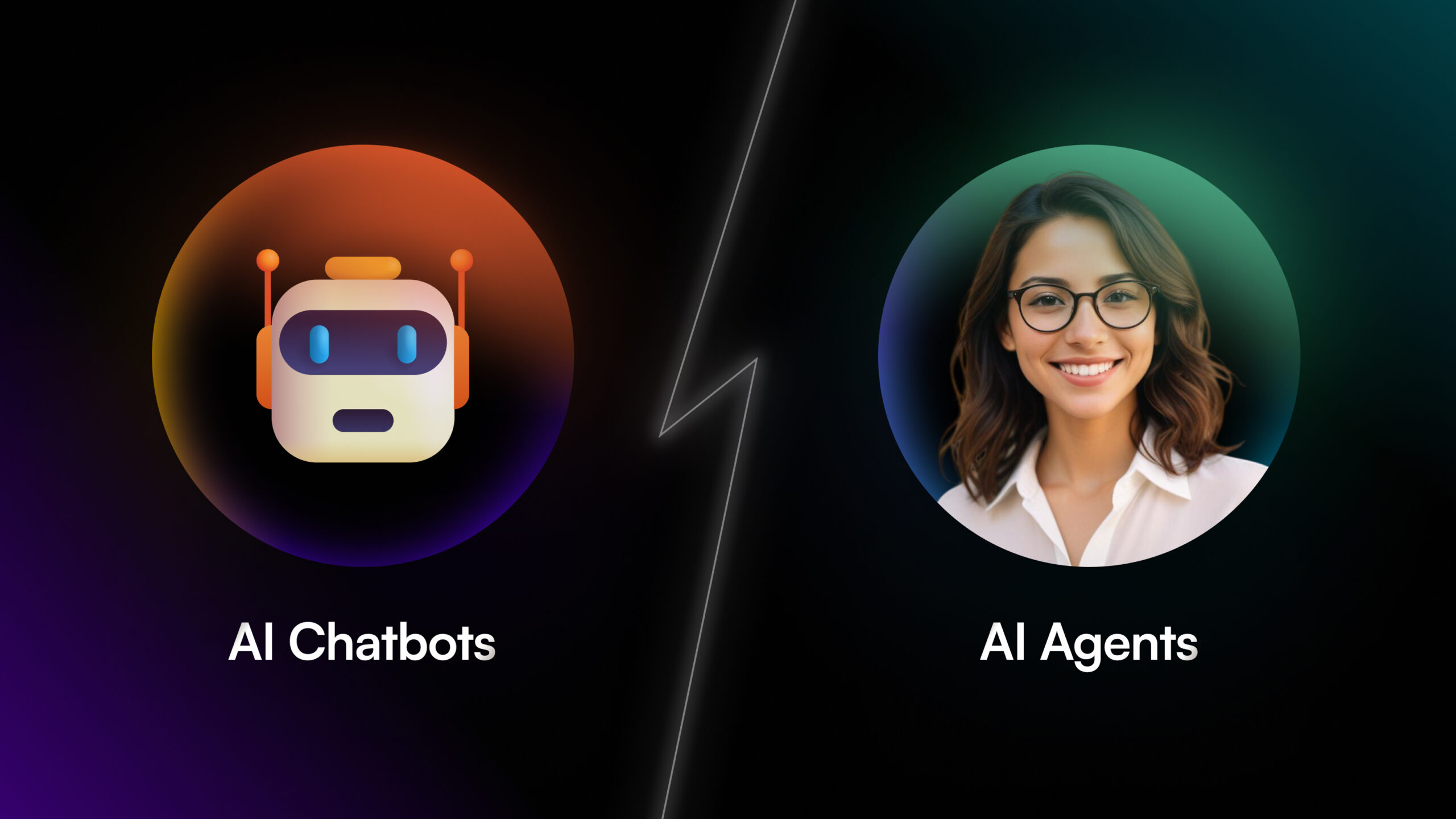
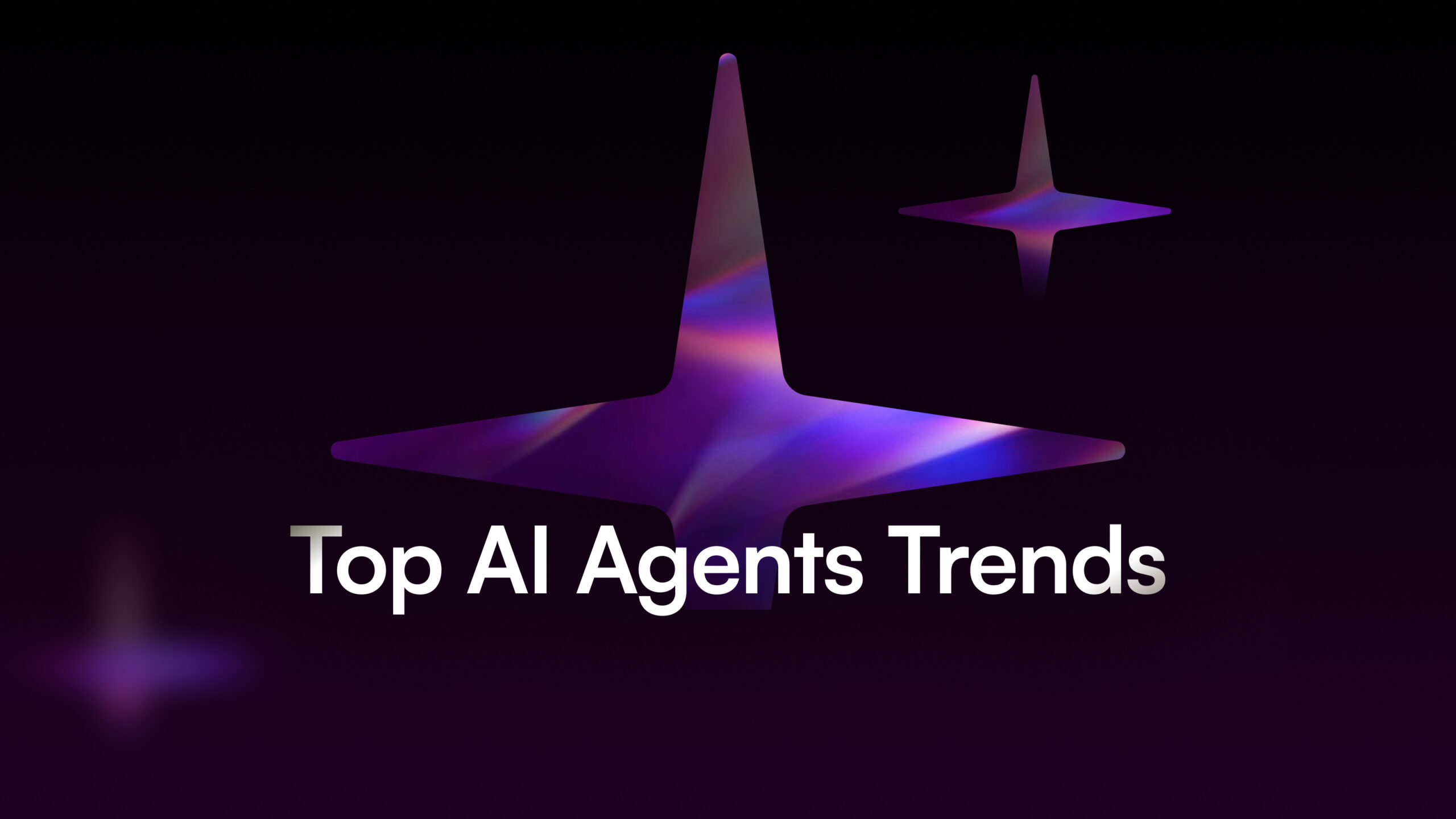

![How to Scale Your Business Using B2B AI Agents [+ Tools to Try]](/wp-content/uploads/B2B-AI-Agents-scaled.jpg)
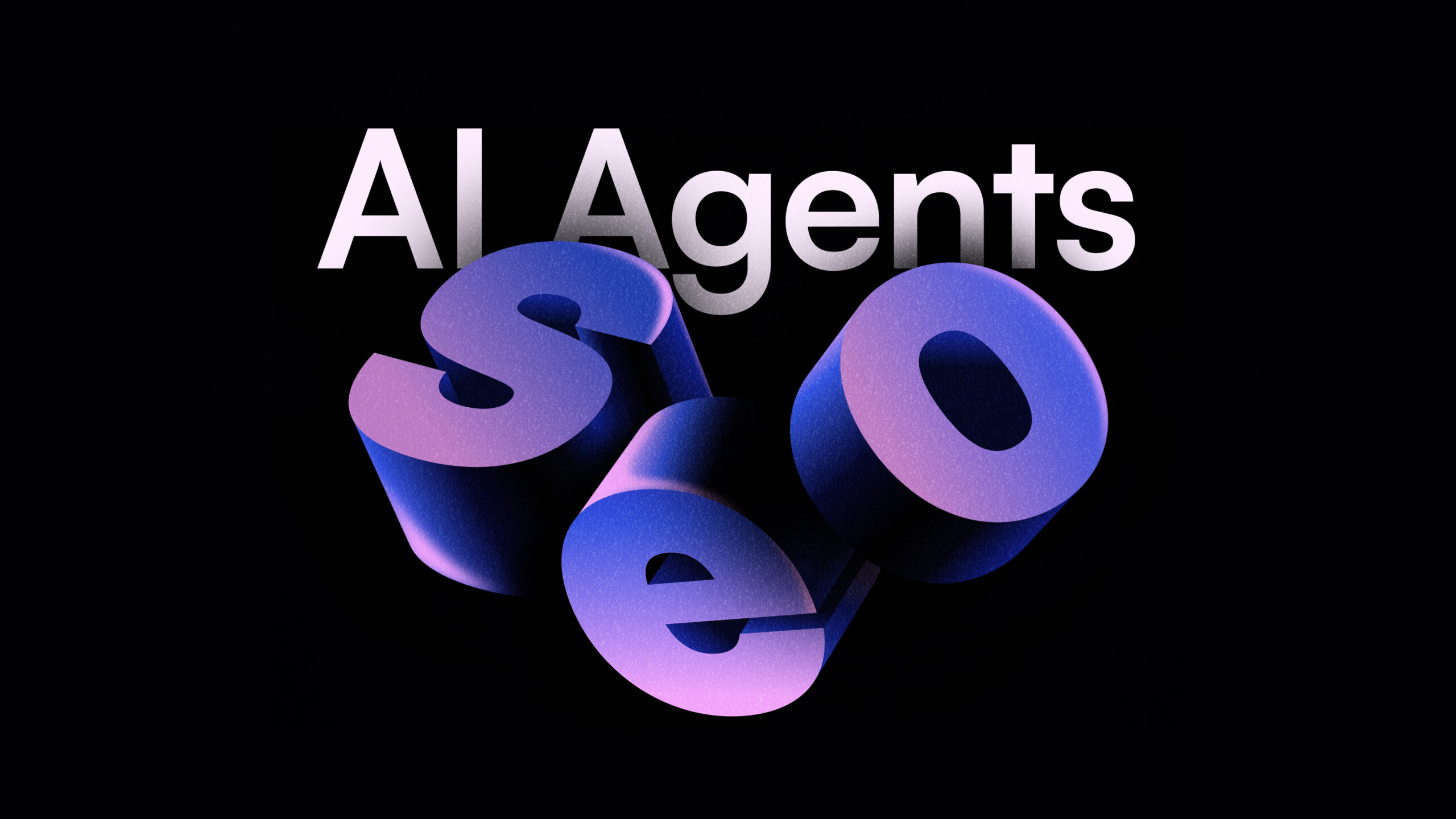
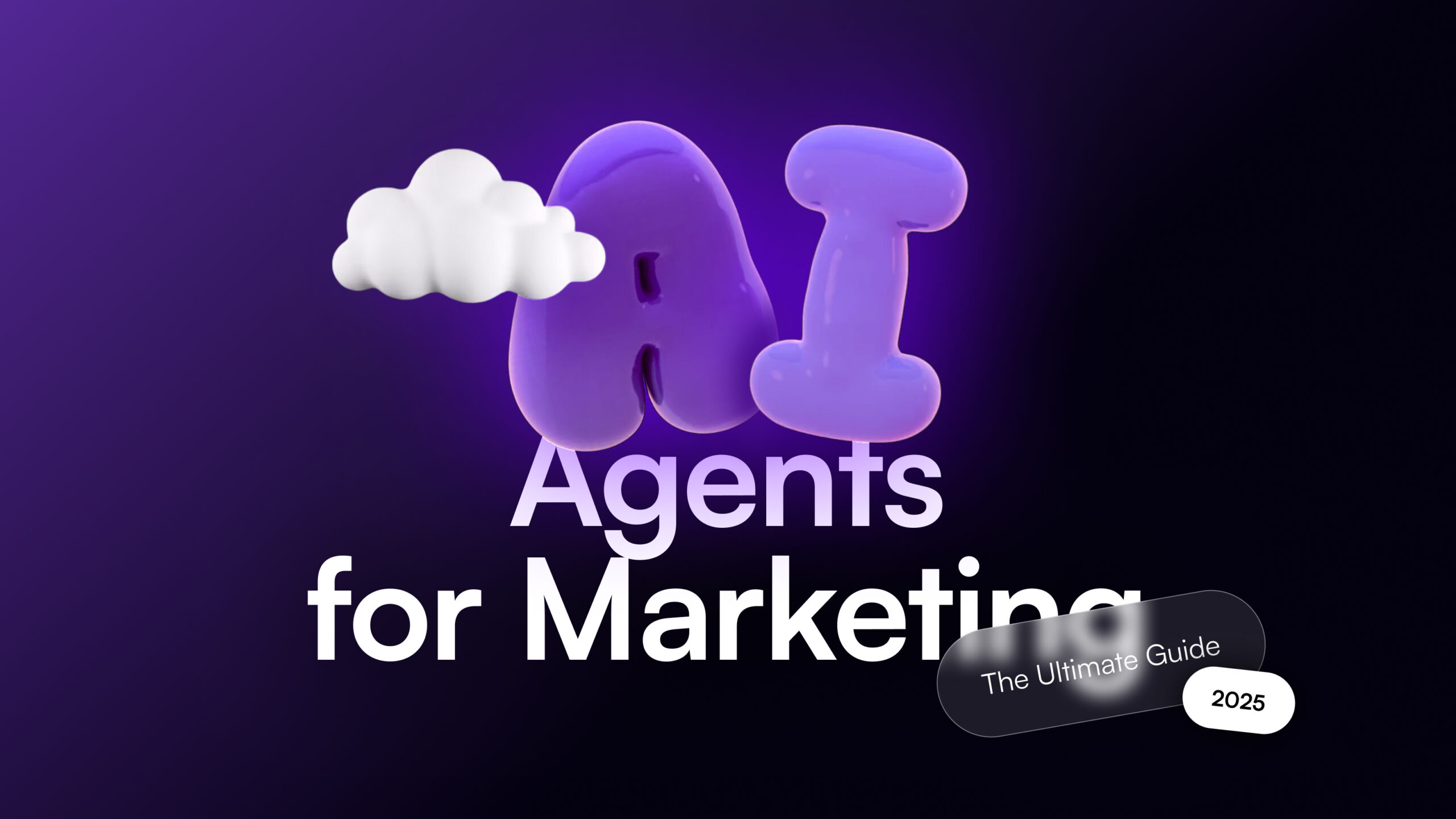
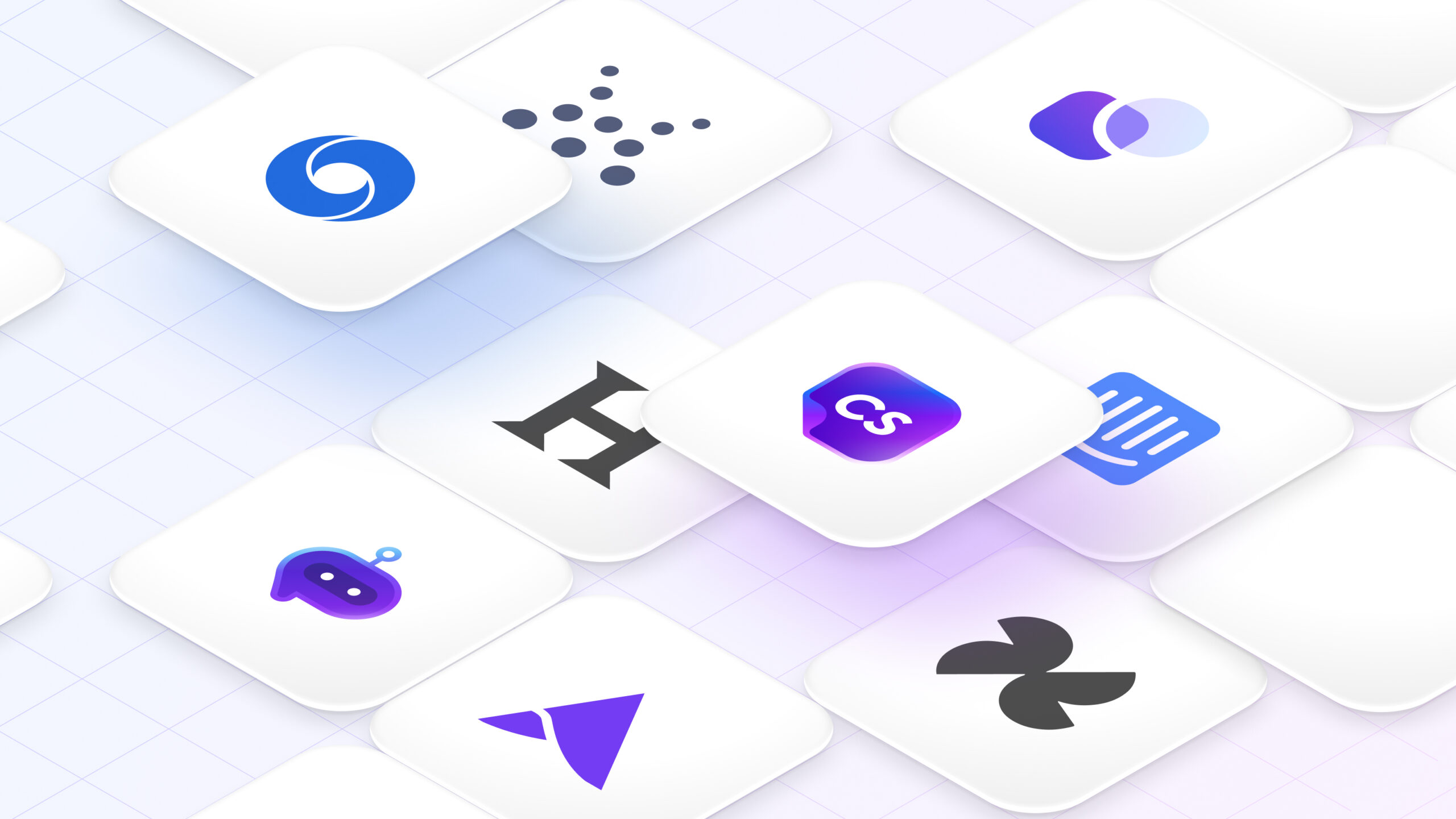
![40 AI Agent Use Cases Across Industries [+Real World Examples]](/wp-content/uploads/AI-Agent-Use-Cases-1-scaled.jpg)
